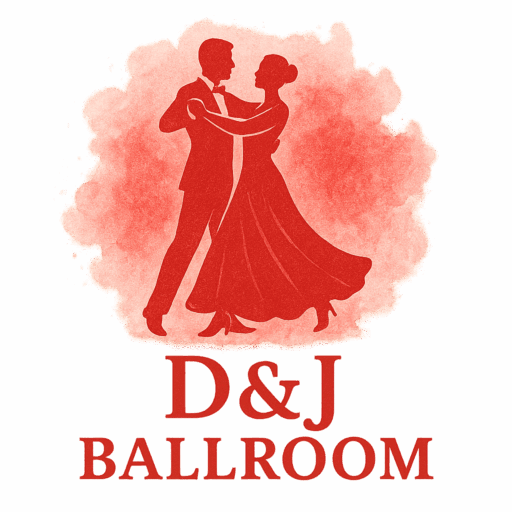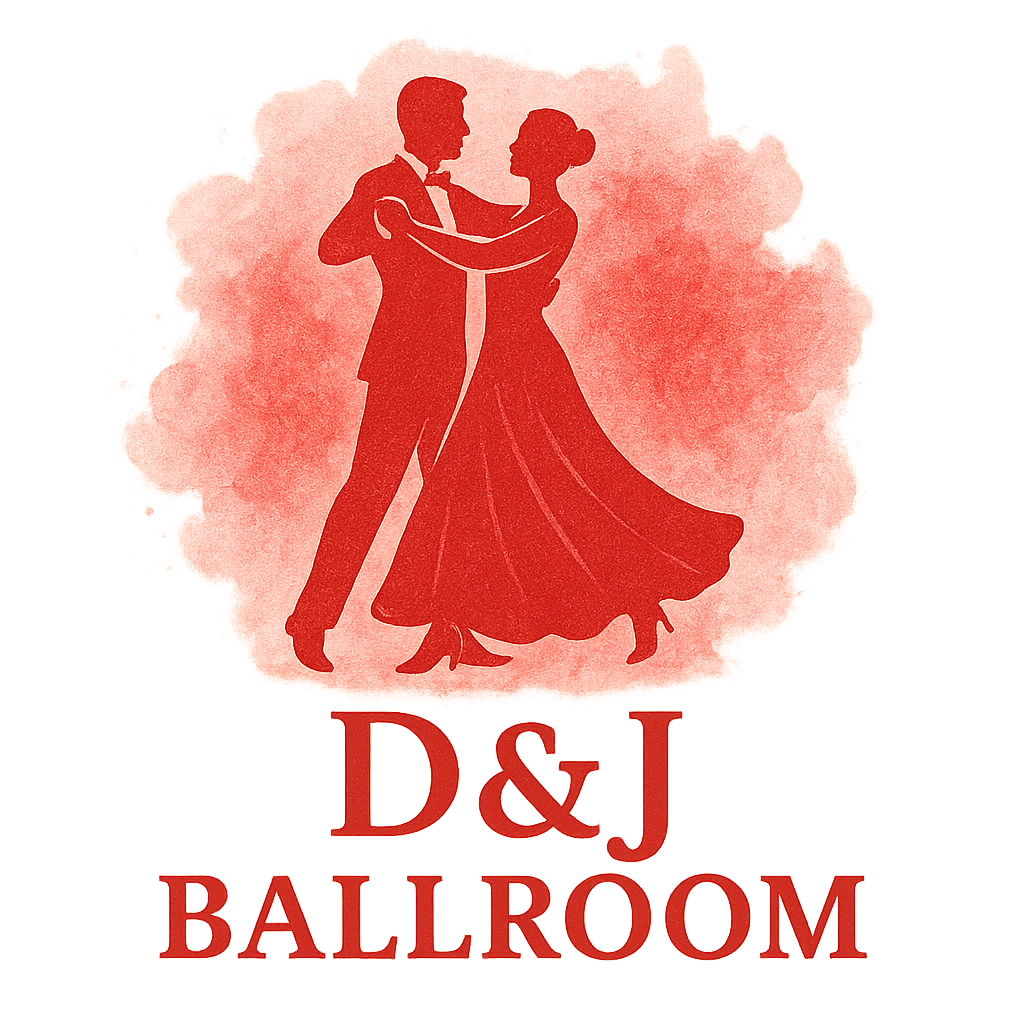Introduction: Why Ballroom Technique Matters for Busy Adults
Life is busy—between work, family, and errands, adults often feel there’s no time left for hobbies. But if ballroom dance is your passion, you don’t have to give it up. In fact, with short, daily technique drills, you can still improve without spending hours in the studio.
Ballroom isn’t just about memorizing steps—it’s about mastering posture, timing, and elegance. Whether you dream of performing, joining ballroom competitions, or simply enjoying social dancing, these drills will help you get there—even with a packed schedule.
Benefits of Practicing Daily Ballroom Drills
Improves Posture and Balance
Proper posture is the foundation of ballroom. Practicing drills strengthens your core, aligns your spine, and gives you that elegant silhouette you often see in ballroom history and culture.
Enhances Musicality and Rhythm
From Waltz to Tango, every dance style has its rhythm. Daily rhythm drills train your ear so your body moves naturally to the beat.
Boosts Confidence on the Dance Floor
When you’ve trained your body with consistent drills, you step onto the floor knowing your ballroom techniques are sharp. Confidence follows practice.

How to Fit Ballroom Practice into a Busy Schedule
Micro-Sessions: 5 Minutes at a Time
Think of practice like brushing your teeth: short, daily sessions make a huge difference. Even five minutes keeps your technique alive.
Using Everyday Spaces as Dance Floors
Your living room carpet or office hallway can double as a ballroom practice space. Just like the dancers who kept ballroom alive through history, you don’t need a fancy studio to train.
Consistency Over Perfection
Waiting for “the perfect practice” often means not practicing at all. Instead, aim for consistent, bite-sized effort. Over time, it pays off.
Drill 1: Frame Stability Drill
Why Frame Stability Is Crucial
A dancer’s frame is the backbone of their connection to a partner. Without it, movement feels shaky. Building a strong frame is one of the most essential ballroom training habits.
Step-by-Step Exercise
- Stand tall with feet hip-width apart.
- Raise arms in dance position as though holding a partner.
- Engage your core and shoulders.
- Hold steady for 30–60 seconds.
- Add small side steps while keeping your frame intact.
Drill 2: Posture Alignment Drill
Common Posture Mistakes in Ballroom Dancing
Rounded shoulders, leaning forward, or arching the lower back are common errors. They can ruin even the most stylish ballroom attire presentation.
Step-by-Step Exercise
- Stand against a wall, touching heels, glutes, shoulders, and head.
- Step away while maintaining alignment.
- Repeat 5 minutes daily for posture memory.
Drill 3: Footwork Precision Drill
Importance of Clean Foot Placement
Sloppy footwork is like sloppy handwriting—it makes everything messy. Clean steps are what separate casual dancers from polished performers in ballroom dance styles.
Step-by-Step Exercise
- Imagine or tape straight lines on the floor.
- Walk heel-to-toe for Standard, ball-of-foot for Latin.
- Step directly on the line each time.
- Practice slowly, then build speed.
Drill 4: Rise and Fall Drill
Mastering Waltz and Foxtrot Fluidity
The floating elegance of the Waltz or Foxtrot comes from controlled rise and fall. Without it, the dance looks flat.
Step-by-Step Exercise
- Step forward with heel lead.
- Push upward through your feet for a smooth rise.
- Lower gradually on the next step.
- Flow continuously, as if riding gentle waves.
Drill 5: Timing and Rhythm Drill
Building Musical Connection
Ballroom is music in motion. Practicing rhythm drills ensures your movement feels natural to the beat, whether it’s the sharpness of Tango or the bounce of Cha-Cha.
Step-by-Step Exercise
- Play a ballroom track.
- Clap the beat for one minute.
- Step to the beat, then transition into basic figures.
Drill 6: Shoulder and Arm Extension Drill
Creating Graceful Arm Lines
Arms finish the story your body tells. In ballroom fashion, posture and arm lines are just as noticeable as costumes.
Step-by-Step Exercise
- Stand grounded.
- Extend arms slowly into second position.
- Stretch through fingertips as if reaching the walls.
- Add soft circular movements.
Drill 7: Head Position and Spotting Drill
Why Head Position Defines Your Style
Head placement distinguishes a dramatic Tango from an airy Waltz. Spotting also prevents dizziness during turns—a skill crucial in ballroom events.
Step-by-Step Exercise
- Hold dance frame.
- Turn your head left or right without slouching.
- For spins, lock eyes on a focal point and snap back.
Putting the Drills Together into a 20-Minute Routine
Warm-Up
Start with posture resets and light stretching.
Main Drills (approx. 3 minutes each)
- Frame Stability
- Posture Alignment
- Footwork Precision
- Rise and Fall
- Rhythm Drill
- Arm Extension
- Head Position
Cool-Down
Slow breathing, shoulder rolls, posture check.
Mistakes to Avoid When Practicing Ballroom Drills
Rushing Through Without Technique
Speed without control defeats the purpose. Focus on accuracy first.
Practicing Without Music
Dancing without rhythm is like reading poetry without emotion. Use music to connect movement with feeling.
Ignoring Body Awareness
Pain or strain is a red flag. Ballroom is about elegance, not injury.
Extra Tips for Staying Motivated
Track Your Progress with Notes or Video
Like competitors in professional ballroom competitions, reviewing yourself helps spot strengths and weaknesses.
Join Online Ballroom Communities
Forums and social groups for ballroom culture keep you inspired and accountable.
Reward Yourself for Consistency
Set mini goals. Every consistent week is worth celebrating.
Conclusion
Even with a packed schedule, you can become a stronger ballroom dancer. With just 20 minutes a day, these 7 ballroom technique drills improve posture, rhythm, and grace. Remember: consistency matters more than perfection. Each small step forward is part of your ballroom journey—so when the music starts, you’re ready to shine.
FAQs
1. How much time should I spend on each ballroom drill daily?
Just 2–5 minutes per drill is enough.
2. Can beginners do these ballroom drills?
Yes! They are beginner-friendly and scalable.
3. Do I need a partner for practice?
Not at all—these drills are designed for solo work.
4. How soon will I notice improvement?
Usually within 2–4 weeks of consistent practice.
5. Should I practice with or without music?
With music is best—it develops rhythm naturally.
6. What’s the ideal practice time?
Whenever you’re most energized—morning or evening.
7. Do these drills help with competitions?
Yes, they strengthen the fundamentals needed for ballroom competitions.


